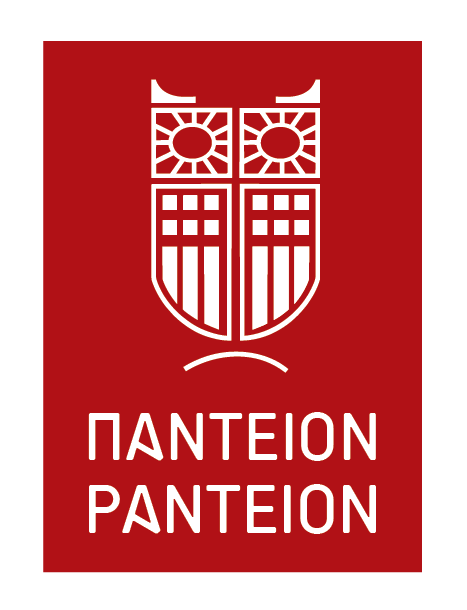History of the Balkan States (19th -20th century) (ERASMUS+) (520202)
Niki Maroniti
This lesson discusses, comparatively the dynamic history of the major Balkan nationalities- the Bulgarians, Greeks, Romanians, Serbs, Albanians- in the nineteenth century and in the first two decades of the twentieth century. At the commencement of this period these people lived either under Ottoman or Habsburg rule, and all of them had been influenced by the policies of the Russian Orthodox Empire. The major emphasis, however, is on the national movements, including their programs and the revolutionary activity associated with them, as well as the demand for the modernization of each Balkan state and society. By the end of the nineteenth century, Greece, Romania, Serbia and Montenegro were able to establish independent governments. Bulgaria and Croatia had autonomous regimes. The gradual disintegration of the Ottoman Empire and the national revolutions were major causes of dispute between the Great Powers. The Eastern Question, a dominant issue in the international relations in both centuries, made the Balkans a constant centre of international attention and earned it a reputation for “instability”, “fluidity” and “unrest”. This lesson thus, covers the national movements of the Balkans societies, the impact of their common imperial past to their present, the experience of absolutism, the gradual procedure of democratization and liberalism, the co-existence of both diplomatic/peaceful and authoritarian power practices and the ways the Balkan states managed to deal, through the long 19th century, with the perception of them as “otherness”.
LessThis lesson discusses, comparatively the dynamic history of the major Balkan nationalities- the Bulgarians, Greeks, Romanians, Serbs, Albanians- in the nineteenth century and in the first two decades of the twentieth century. At the commencement of this period these people lived either under Ottoman or Habsburg rule, and all of them had been influenced by the policies of the Russian Orthodox Empire. The major emphasis, however, is on the national movements, including their programs and the revolutionary activity associated with them, as well as the demand for the modernization of each Balkan state and society. By the end of the nineteenth century, Greece, Romania, Serbia and Montenegro were able to establish independent governments. Bulgaria and Croatia had autonomous regimes. The gradual disintegration of the Ottoman Empire and the national revolutions were major causes of dispute between the Great Powers. The Eastern Question, a dominant issue in the international relations in both c
This lesson discusses, comparatively the dynamic history of the major Balkan nationalities- the Bulgarians, Greeks, Romanians, Serbs, Albanians- in the nineteenth century and in the first two decades of the twentieth century. At the commencement of this period these people lived either under Ottoman or Habsburg rule, and all of them had been influenced by the policies of the Russian Orthodox Empire. The major emphasis, however, is on the national movements, including their programs and the revolutionary activity associated with them, as well as the demand for the modernization of each Balkan state and society. By the end of the nineteenth century, Greece, Romania, Serbia and Montenegro were able to establish independent governments. Bulgaria and Croatia had autonomous regimes. The gradual disintegration of the Ottoman Empire and the national revolutions were major causes of dispute between the Great Powers. The Eastern Question, a dominant issue in the international relations in both c

Koppa, M., The formation of the Balkan States (19th century): Three plus one stories of adventure, Athens: Livanis, 2002
Mazower, M., The Balkans, London: Weidenfeld & Nicolson, 2000.
Todorova, Maria, N., Imagining the Balkans, London: New York: Oxford University Press, 1977.
Todorova, Maria, N., (ed.), Balkan Identities, Nation and Memory, C.Hurst & Co. , 2004.
Jelavich, Barbara, History of the Balkans. Eighteenth and Nineteenth Centuries, Cambridge University Press, 1983

